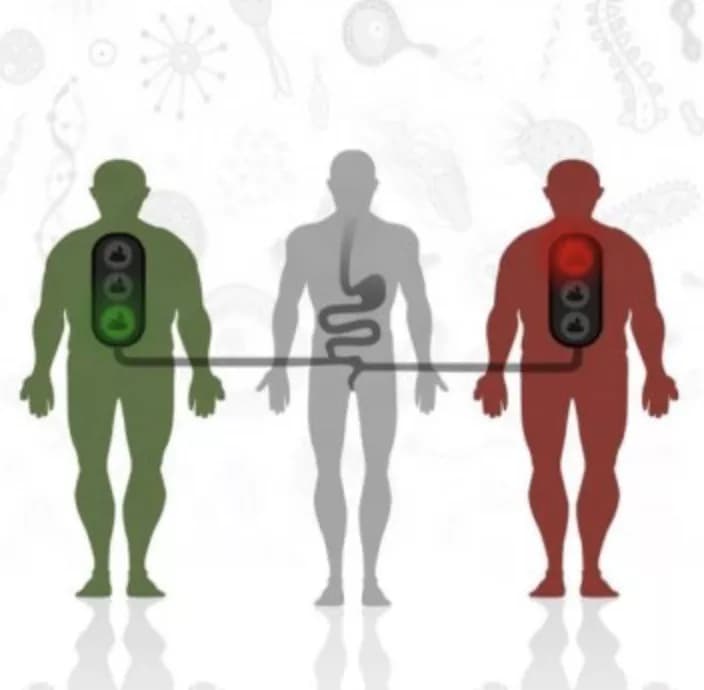
Fecal Transplant Success For Diabetes Might Depend On The Recipient's Gut Microbes
A small clinical trial in the Netherlands found that a fecal transplant from a lean donor can temporarily improve insulin resistance in obese men -- but only half of the recipients responded. Upon further investigation, the researchers discovered that they could predict the success of the treatment by analyzing each patient's fecal gut-bacterial makeup. This understanding could help shape the development of personalized fecal transplant for diabetes. The work appears October 3 in the journal Cell Metabolism.
"We have now shown that you can categorize people based on their fecal samples," says senior author Max Nieuwdorp of the Department of Internal and Vascular Medicine at the University of Amsterdam. "This allows us to classify diseases with more sensitivity."
Six weeks after participants received fecal material from a lean donor, half of them saw an improvement in insulin sensitivity, whereas the other half saw no change. "The fifty-fifty responder-to-non-responder rate surprised me," says Nieuwdorp. "I thought we would have fewer people respond to the transplant." The researchers then compared the pre-treatment microbiota of both groups and found that the non-responders were the ones who started off with less bacterial diversity.
In this randomized control trial, the researchers recruited 38 obese men with metabolic syndrome, a condition that includes high blood pressure, high blood sugar, and excess fat. They also recruited 11 lean donors with a healthy microbiota. The investigators took blood and stool samples to establish a baseline for each person and randomly paired obese men with a lean donor.
Six weeks later after the fecal transplant, the researchers took blood and stool samples again and observed a decrease in insulin resistance, a major risk factor for type II diabetes, in half of the participants. They also observed changes in the recipients' microbiota composition. These were only short-term changes, though. Three months later, the microbiota for all recipients had gone back to their original states.
Nieuwdorp and his team had been inspired by previous studies about fecal transplants in C. difficile patients. "A pilot study of metabolic syndrome in 2012 led a randomized, controlled trial in C. difficile patients. The latter was published in the New England Journal of Medicine in 2013," he says. "With this most recent study, we gain more insight into what is happening in the interactions between gut microbiota and human metabolism."
The results of this study can help future researchers predict the success of fecal-transplant studies. If recipients' fecal samples are screened beforehand, then the treatments can become more personalized. According to Nieuwdorp, "We have shown some major effects and started to see that there could be some real power to treat people by replenishing missing intestinal bacterial strains."
Materials provided by Cell Press. Note: Content may be edited for style and length.
Disclaimer: DoveMed is not responsible for the accuracy of the adapted version of news releases posted to DoveMed by contributing universities and institutions.
References:
Kootte et al. (2017). Improvement of insulin sensitivity after lean donor feces in metabolic syndrome is driven by baseline intestinal microbiota composition. Cell Metabolism. DOI: 10.1016/j.cmet.2017.09.008
Related Articles
Test Your Knowledge
Asked by users
Related Centers
Related Specialties
Related Physicians
Related Procedures
Related Resources
Join DoveHubs
and connect with fellow professionals

0 Comments
Please log in to post a comment.